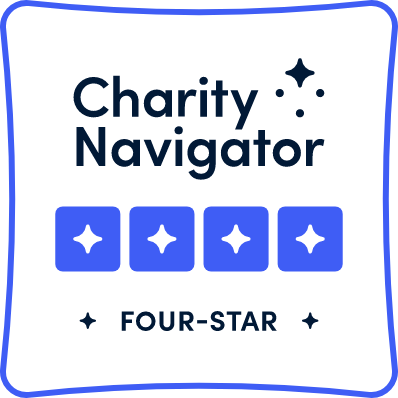Harrison Ford asks us to Listen to the Quiet
In this passionate call to action, conservationist Harrison Ford urges us to pay attention to the beautiful tapestry of life – and discover the poetry of its mysteries – to ensure our planet’s enduring stability.
Ford’s message was written in collaboration with Anthony Doerr, a Pulitzer Prize-winning fiction writer, and calls on people to celebrate the importance of biodiversity to our lives. The film echoes E.O. Wilson’s greatest hope – that we nurture an exciting adventure in nature, in order to best understand and care for nature.
Credits: Harrison Ford, Anthony Doerr, Paula J. Ehrlich, Elial Ford, Graham Townsley, Anton Sanko, Emmanuel Mairesse and E.O. Wilson
Harrison Ford has been a friend of E.O. Wilson, the renowned naturalist, biologist, entomologist, and namesake of the Foundation, since the early 1990s. They worked together for nearly three decades to champion the conservation of global biodiversity, and Ford remains a strong advocate of the E.O. Wilson Biodiversity Foundation. In 2002, Wilson named a new ant species Pheidole harrisonfordi in recognition of Ford’s conservation work, and in 2010, the friends teamed up again to create the PEN/E.O. Wilson Literary Science Writing Award.
E.O. Wilson’s book, “Half-Earth,” is a call to protect half the Earth’s land and sea in order to manage sufficient habitat to safeguard the bulk of biodiversity. The Foundation’s Half-Earth Project is inspiring informed collective action to save the biosphere, using geospatial information to inform what network of places should be prioritized for conservation in order to protect the most species, and supporting the education and mentorship of future generations of biodiversity scientists and stewards.
Transcript of Harrison Ford’s message
No doubt,
2024 will be loud.
Wildfires and wars,
bots and TikToks,
pop stars and presidents:
they’ll all, roar for our attention.
My humble request for the coming year
is that we make time to listen to the quiet.
My dear friend, E.O. Wilson,
rest his soul,
would say that the quiet voices are the most important:
the krill and the caterpillars,
the beetles, and the bacteria.
The ants.
The systems that sustain life on Earth –
that put birds in our skies,
and water in our rivers, oxygen in our atmosphere –
are mind-bogglingly ancient,
densely interlocking,
and only partially understood tapestries
composed of millions of species,
all exchanging matter and energy in a glorious whirling ballet
which is so beautiful
it can put you on your knees when you start to fit your mind around it.
But ecosystems aren’t just quiet symphonies to admire.
Ecosystems allow us our impossibly rich,
dazzlingly beautiful lives.
Yet we yank threads out of these magnificent tapestries every day.
We unravel our own support systems.
Every day they grow quieter
while everything else grows louder.
Our lives are but a finger snap
in the 3.5-billion-year history
of life on our planet.
Any individual life – mine or yours –
is nothing but a wisp of thread in the miles-long rope of life.
The most meaningful thing we can do in our time on Earth
is to ensure that the rope isn’t too frayed for the next generation.
Which young person do you love most in the world?
Can you picture them?
By the time they’re your age,
don’t you want them to be able to wander into a field some evening
and hear the smallest things?
The ants and the caterpillars?
The seeds germinating in the soil?
Don’t you want them to grow up with the last few mysteries,
opening quietly in the darkness?
That’s what the living Earth has to offer us.
A whole poetry of mysteries,
of possible discoveries.
An infinitude of adventures –
and ultimately insights –
that are the cornerstone for a new way of understanding
the beautiful intricacy of our planet
and how we can best steward its enduring stability.
This hopeful curiosity is the core of E.O. Wilson’s books,
embodied in the work of the E.O. Wilson Biodiversity Foundation,
and ultimately brought to life through a deep belief in you,
and our shared human resolve to save the natural world.
Please.
Join me in listening to the voices of biodiversity
and taking action
to reimagine how we care for our planet.
About Harrison Ford
Harrison Ford is strongly committed to environmental concerns. In 1991 he joined Conservation International as a Board member and currently serves as its Vice Chairman. He sits on the Executive Committee and is involved in the growth and design of the organization.
He is dedicated to raising awareness among government and business leaders that there is a direct connection between international conservation failures and the consequent threats to national and economic security.
He believes, “Human well-being depends on Nature to sustain us. Nature Doesn’t need People…People need Nature.”
He has been involved with the E.O. Wilson Biodiversity Foundation among others.
He has donated 389 acres of his property in Jackson, Wyoming for a conservation easement to the Jackson Hole Land Trust.
He is, by profession, an actor.
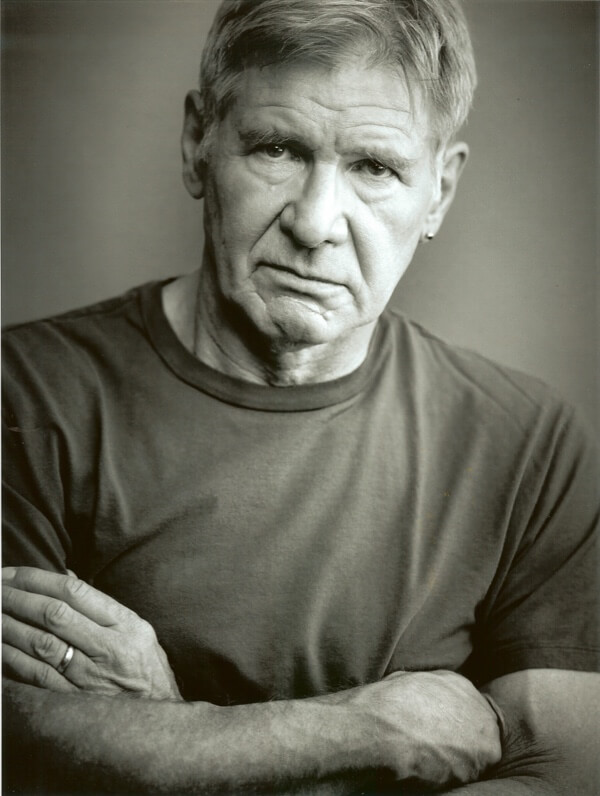
About the Film
Harrison Ford’s message was written in collaboration with Anthony Doerr, a Pulitzer Prize-winning fiction writer, and Dr. Paula J. Ehrlich, the president and CEO of the E.O. Wilson Biodiversity Foundation.
We are sincerely grateful to Harrison Ford and his grandson, filmmaker Elial Ford, author Anthony Doerr, producer Graham Townsley, composer Anton Sanko, and editor Emmanuel Mairesse for their friendship in bringing this wonderful film to life in support of the work of the E.O. Wilson Biodiversity Foundation and Half-Earth Project.
Recent News
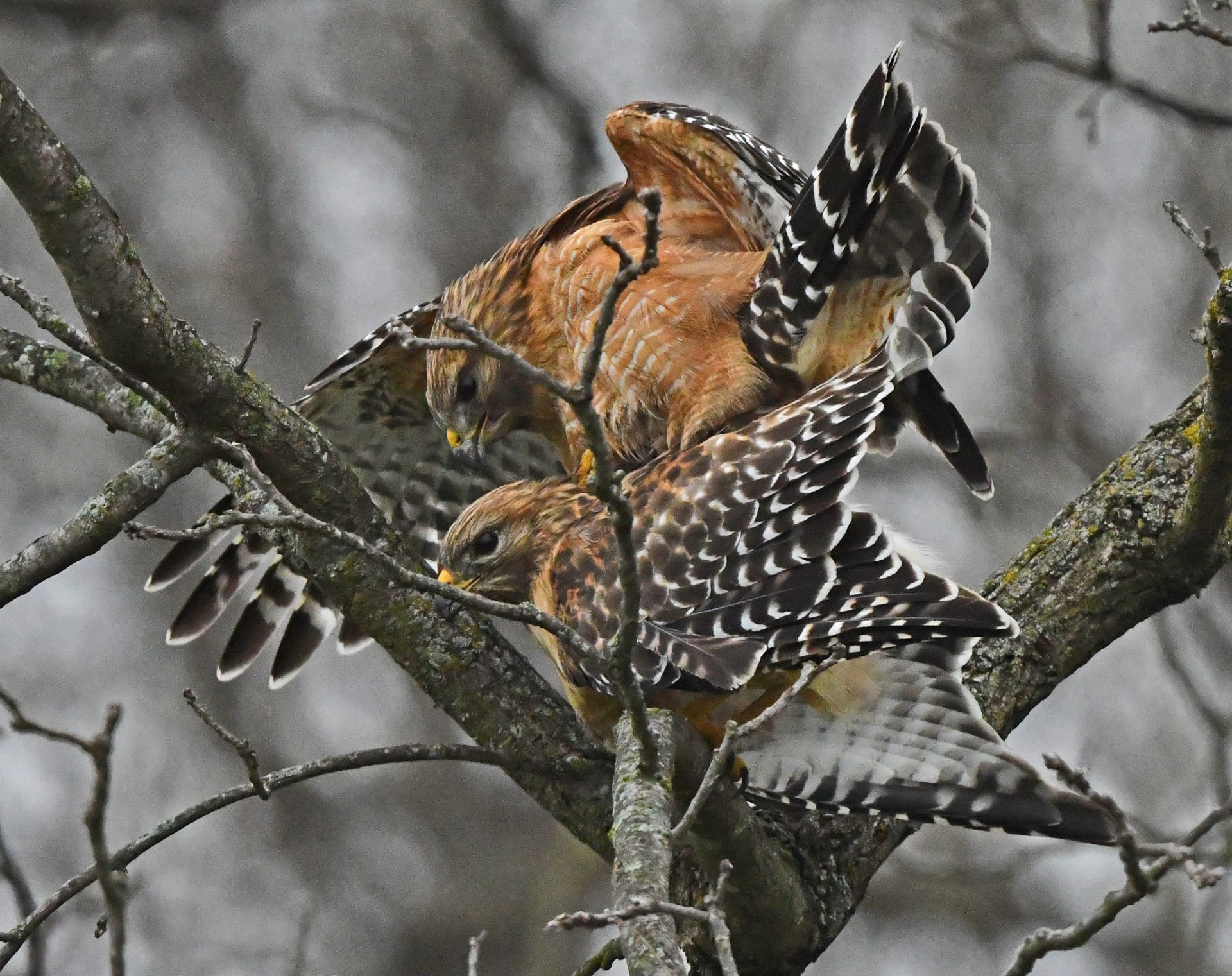
Two new studies show how to better integrate ecological data and evolutionary processes in SDMs
E.O. Wilson Biodiversity Foundation partners at the Yale Center for Biodiversity and Global Change have released two new studies on species distribution models (SDMs), driving forward both innovation in the modeling
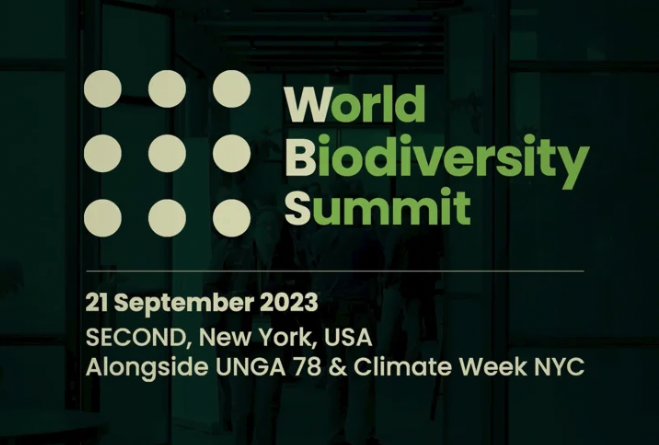
Paula Ehrlich and Alison Taylor featured at World Biodiversity Summit 2024 in New York
On September 26th, the fourth edition of World Biodiversity Summit convened alongside the UNGA 79 and Climate Week NYC. The program focused on pioneering global public-private partnerships to address the
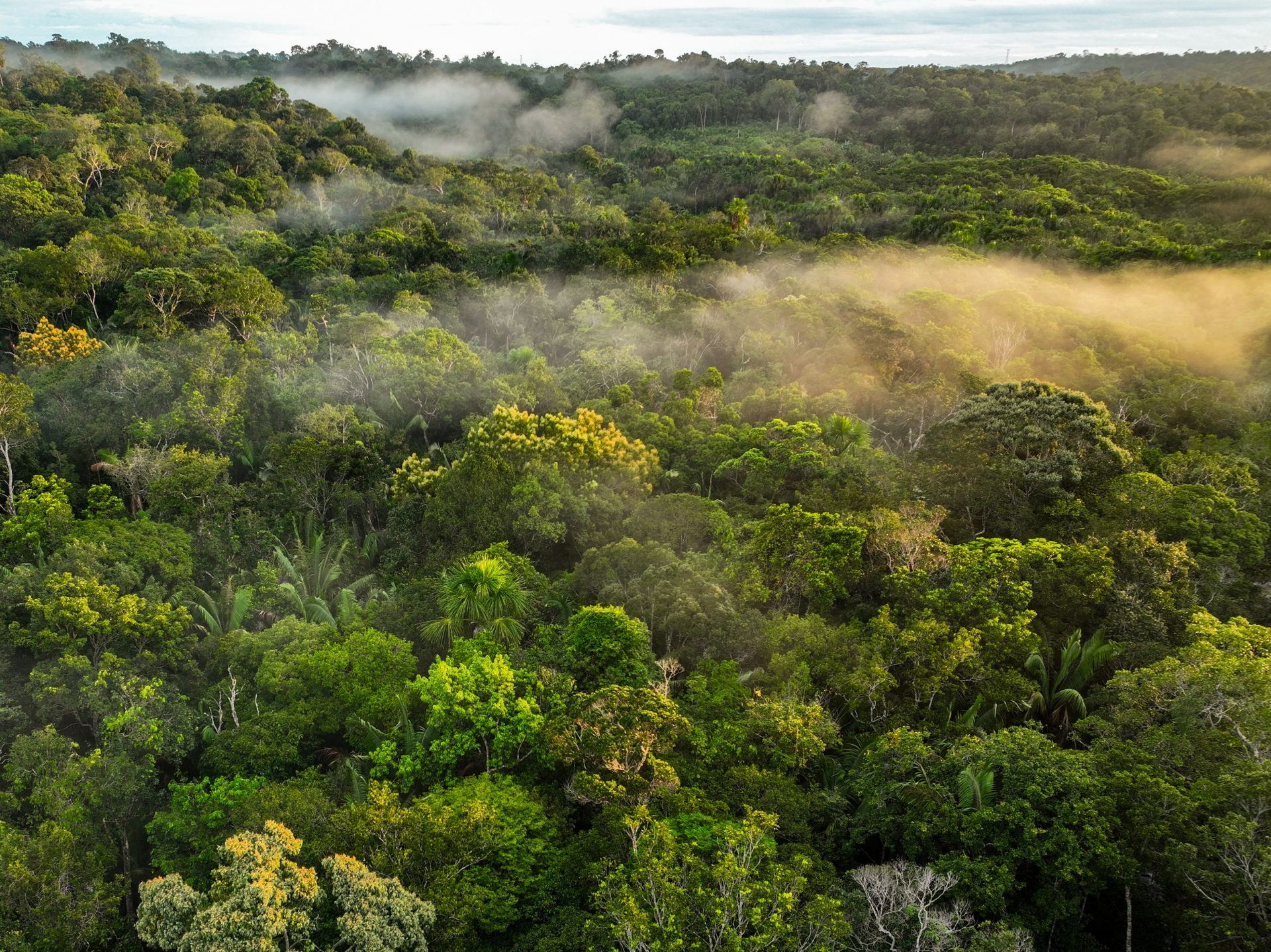
Global report establishes status of species protection
Report charts path for improved biodiversity outcomes The 2024 Species Protection Report highlights major successes but also substantial remaining gaps in the protection of species in the past 10 years.

